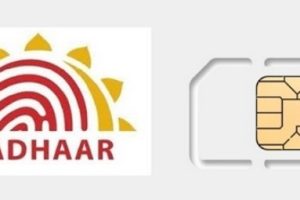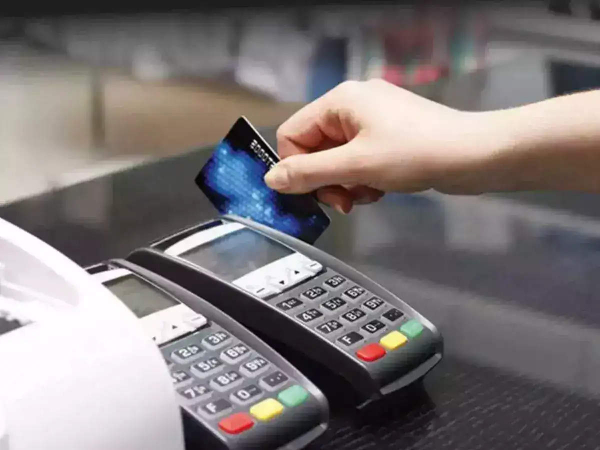New Delhi: Starting 1 July, a 20% tax collected at source (TCS) will be levied on overseas credit card expenses of Indians, barring such expenditure on education or medical treatment-related visits, which will be subject to a lower rate, the finance ministry clarified on amendments to the foreign exchange management rules issued earlier this week.
The credit card issuer will collect the tax when the bill is settled in rupees and can be adjusted against the cardholder’s tax liability when paying taxes.
While the salaried class may have to wait till the time of filing returns, professionals can use this credit to set off their advance tax liability met on a quarterly basis, experts said.
Experts also said the TCS requirement could lead to a cash flow issue for people travelling abroad. The inclusion of overseas use of credit cards within the purview of the Reserve Bank of India’s liberalized remittance scheme, which attracts TCS, is effective from 16 May. Currently, the TCS rates range from 0.5% to 5%.
The set of clarifications brought out by the ministry covers a range of issues about the enhanced TCS rates that will come into play from 1 July. According to the budget announcements, overseas remittance on the purchase of tour packages and ‘any other foreign remittances’ excluding education and health spending covered under LRS will attract 20% tax from 1 July, up from 5% now. Credit card use during foreign visits is now covered under LRS, which has an annual cap of $250,000, above which RBI permission is needed. Debit card usage abroad during visits was covered under LRS even earlier.
The ministry said that it had come to light that some individuals had exceeded the limit of foreign remittance under the LRS because of the exemption given to credit card usage abroad during foreign travel.
“The differential treatment between debit cards and credit cards needed to be removed in the interest of uniformity…and for capturing total expenditures under LRS for prudent foreign exchange management and to prevent by-passing of LRS limits,” the ministry said. It also said that in FY23, LRS remittance was more than $24 billion, of which overseas travel accounted for more than half.
The ministry’s clarification said that lower rates of TCS would apply when the foreign visit is for education or medical treatment. That is, 0.5% TCS on education-related remittance if made out of loans and 5% if not out of loans, both subject to a threshold of ₹7 lakh.
For TCS on remittance for travel and incidental expenses related to education and medical treatment, the rates of TCS as applicable to remittances for education and medical treatment, respectively, shall apply. A detailed clarification will be issued separately, the ministry said.
There is one relief available to employees on overseas assignments—the expenses during such business visits borne by the employer will be treated outside LRS.
Sudhir Kapadia, a partner for tax and regulatory services at EY, said the latest move to include credit card payments incurred abroad within LRS limits would further wean people away from the use of credit cards and explore informal avenues to obtain forex.
Source By: livemint










